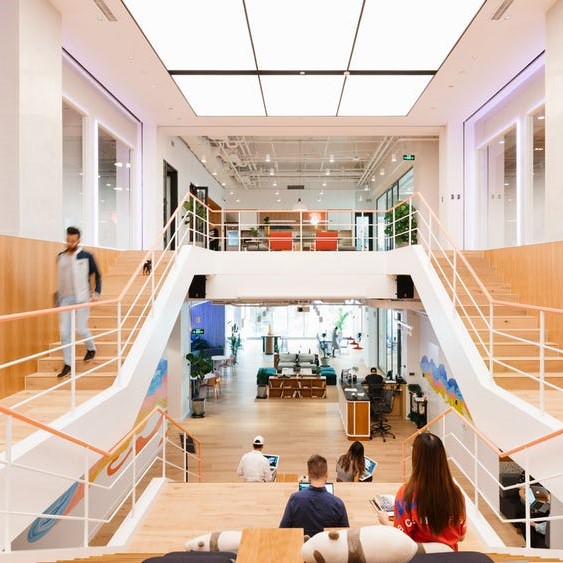To provide the best experiences, we use technologies like cookies to store and/or access device information. Consenting to these technologies will allow us to process data such as browsing behaviour or unique IDs on this site. Not consenting or withdrawing consent, may adversely affect certain features and functions.
The technical storage or access is strictly necessary for the legitimate purpose of enabling the use of a specific service explicitly requested by the subscriber or user, or for the sole purpose of carrying out the transmission of a communication over an electronic communications network.
The technical storage or access is necessary for the legitimate purpose of storing preferences that are not requested by the subscriber or user.
The technical storage or access that is used exclusively for statistical purposes.
The technical storage or access that is used exclusively for anonymous statistical purposes. Without a subpoena, voluntary compliance on the part of your Internet Service Provider, or additional records from a third party, information stored or retrieved for this purpose alone cannot usually be used to identify you.
The technical storage or access is required to create user profiles to send advertising, or to track the user on a website or across several websites for similar marketing purposes.
 There’s a good reason why we find it hard to establish the causal links between our working lives, office design and our personal happiness. It’s because it’s all very complicated. So complicated in fact that you can sidetrack any discussion on the subject by asking elementary questions such as: ‘what do you mean by happy?’ or ‘should it be the role of work to make us happy?’ (more…)
There’s a good reason why we find it hard to establish the causal links between our working lives, office design and our personal happiness. It’s because it’s all very complicated. So complicated in fact that you can sidetrack any discussion on the subject by asking elementary questions such as: ‘what do you mean by happy?’ or ‘should it be the role of work to make us happy?’ (more…)




































September 23, 2019
Having data about people and their behaviour does not create a science
by John Rapley • Comment, Technology, Workplace